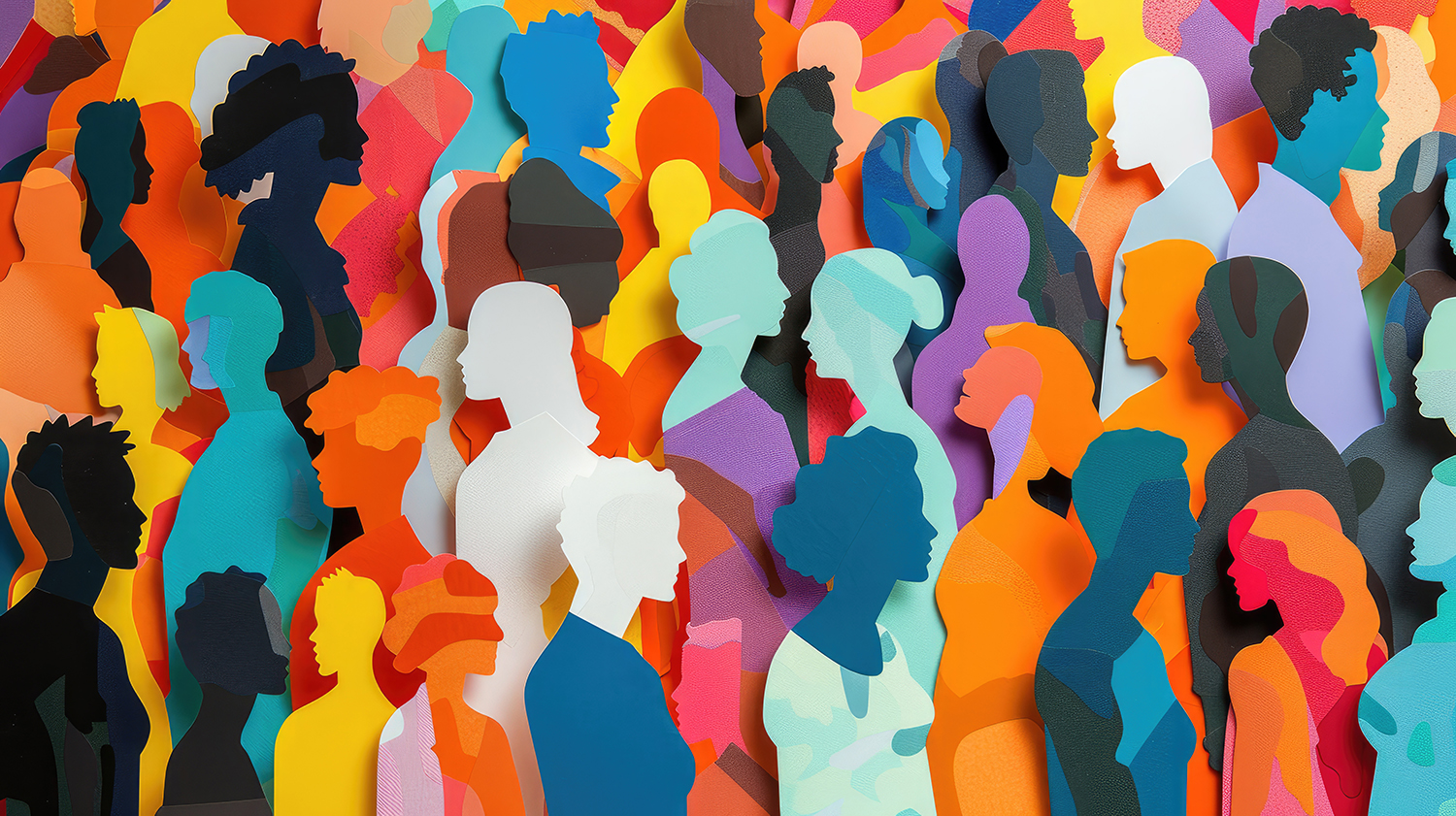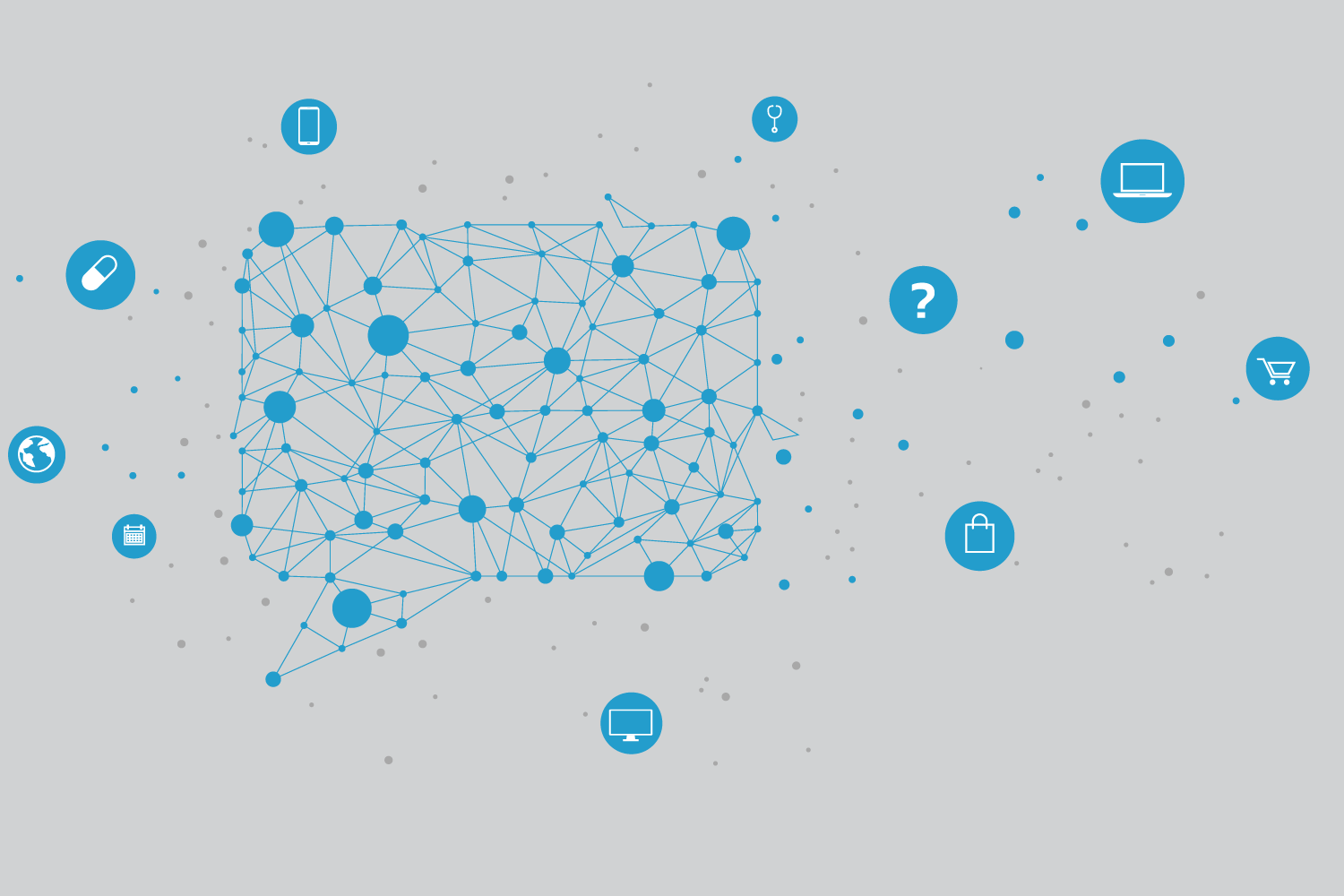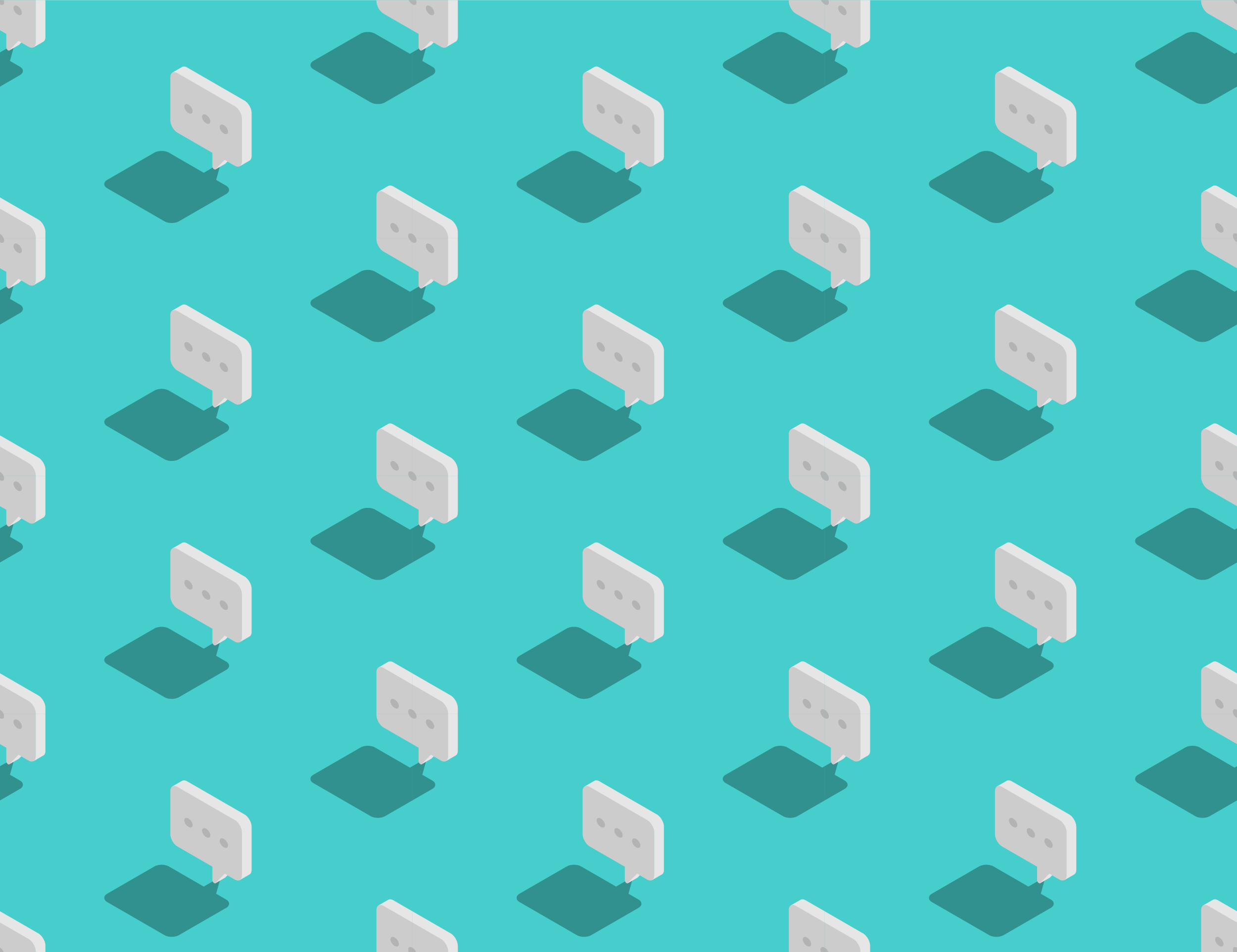
Research shows that millennials share certain characteristics that make them less likely to buy health insurance. For insurers and employers alike, understanding these preferences and tailoring their offerings are imperative to enticing millennials to enroll.
Millennials are:
- Comparatively poor: Higher amounts of student debt and poor job prospects have left millennials with less money than previous generations. Having entered the workforce during one of the worst recessions in decades, a sizable portion of the millennial generation started out with distinct economic disadvantages.
- Digital natives: Millennials have grown up with the Internet and smartphones in an always-on digital world. Their affinity for technology has shaped how they shop. They are used to instant access to price comparisons, product information, and peer reviews at their fingertips, and prefer brands that offer maximum convenience at the lowest cost.
- Almost illiterate when it comes to health insurance terminology: The majority of Americans struggle with health insurance jargon, but according to a study published in the Journal of Adolescent Health, young adults, who generally have little experience managing their own healthcare expenses, are finding it especially hard signing up for insurance under the Affordable Care Act. And not only is it difficult for them, but 26 percent of millennials surveyed by Aflac would prefer to clean their toilets than research their health benefits.
- Late bloomers: Millennials have delayed significant milestones like home ownership, marriage and children. According to the Pew Research Center, they are interested in getting married and settling down, just later than prior generations.
Millennial habits, likes and dislikes are all well documented and understood, and are viewed by many as powerful drivers for change. What worked for earlier generations is not speaking to millennials. Less than half of all eligible employees under age 26 enrolled in an employer-provided health plan in 2015, according to a recent report from the ADP Research Institute. Today, 83 percent of employees under 26 are eligible for health insurance at work, up 8.5 percent from five years ago. Yet, fewer enroll. In 2011, almost 57 percent of young millennials who were eligible for employer-subsidized health coverage took it. This year, only 44 percent did.
So what is going on? One reason for these low enrollment numbers is that millennials want their health insurance experience to be akin to online banking, purchasing shoes from Zappos and acting on social media recommendations. They want real-time information, lots of choice and the ability to compare prices. Private exchanges can help health insurers create the e-commerce experience millennials expect – one that is easy to use, available 24/7 and gives them the information they need to make the right decision.
E-commerce principles that were pioneered elsewhere are now becoming intrinsic to the healthcare and health insurance industries. Insurers need to do more than simply keep pace; they need to lead in the market in order to gain and retain members, particularly younger ones.






